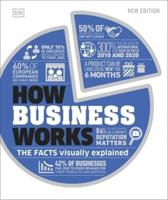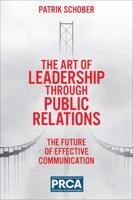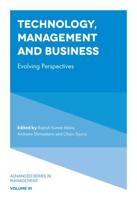Publisher's Synopsis
Business, Money, and the Rise of Corporate PACs actually lives up to its dustjacket billing as `a solid, research-based analysis of the development, workings, and influence' of business political action committees. Because it does, it deserves placement among the very thin ranks of non-polemical works on PACs. It's a study that should be on the bookshelves of serious-minded critics and defenders of PACs alike. . . . Among the key questions addressed are: the role of PACs in business political strategy; the typology of corporate PACs; how regulatory environments in different industries affect PAC contribution strategies; the impact of political geography on corporate PACs; the changing strategies of PACs in the 1980, 1982, 1984, and 1986 congressional campaigns; legislative outlook for PACs in future years. This book is among the very few to bring light rather than heat to the `PAC debate.' Impact
The authors begin by looking at the overall role of business in American politics, exploring the larger issues of the role of business in society, how that role is played and with what effect, and whether business should play any role at all. They then turn to a consideration of corporate PACs from an organization perspective and describe the relationship between PACs and the political environment that gave rise to their formation. Using their own considerable research on the subject, they explore both the policial geography of corporate PACs and the operation of PACs in the campaign environment. Finally, the authors address the central question of what PACs will become in the future, under different social, political, and economic conditions. Written for both political scientist and professionals in the field of corporate-government relations, this is a timely contribution to the ongoing debate on the relative merits of corporate PACs.










